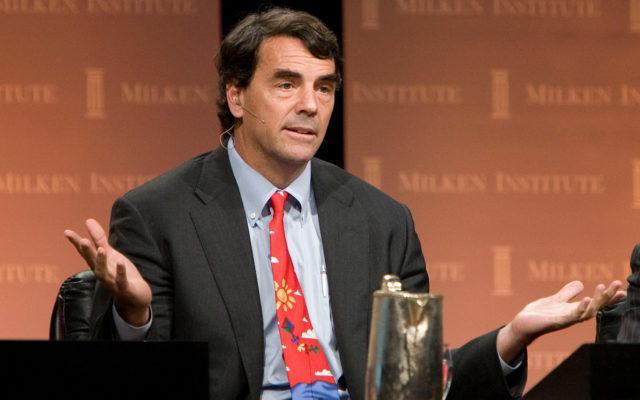Her Eleftherias Kourtalis
Moody’s Analytics sees 5.7% growth for Greece this year, the third highest in the eurozone, supported by tourism and investments, while stressing that the ECB’s stance will be decisive for the future of the Greek economy.
In more detail,as the economist and assistant director of Moody’s Analytics, Michael Grammatikopoulos, notes in today’s report, Greece’s real GDP grew by 7% year-on-year in the first quarter of 2022, beating both house and market expectations, and is now 3% above pre-pandemic levels, at a time when eurozone GDP is just 0.8% up. “Our forecast is that Greece’s growth will outpace the momentum in the eurozone. By the end of 2022, the country’s GDP is expected to be 5% above its pre-pandemic level, while in the eurozone it will be only 1.1% above it,” as he emphasizes.
According to Moody’s Analytics’ baseline scenario, there are no early elections in Greece and the Russia-Ukraine conflict does not spill over to other neighboring countries, while the heated conflict with Turkey does not escalate further.” It also expects tourist arrivals and revenues to are comparable to 2019. “Under these conditions, Greece is estimated to have the third-highest annual growth rate in the euro area in 2022, after Ireland and Malta, while doing significantly better than other euro area countries in concerns investments, closing 2022 with an increase in fixed investments of 9.6%”, as noted.
However, the house expects a slowdown in momentum in the fourth quarter as well as a weak 2023 due to persistently high inflation.
“Combining these assumptions, the best-case scenario of our previous report in April is now the baseline: Greek GDP will grow by 5.7% in 2022 and 1.9% in 2023,” the analyst points out, adding that recent forecasts of the EU, the Greek government and the Bank of Greece are quite low as they range from 3.2% to 4.5% for 2022.
The effects of the ECB’s decisions
According to the assistant director of Moody’s Analytics, the ECB’s new tool which will be used to ensure the effective transmission of monetary policy, for Greece and other highly indebted countries means stabilization of spreads as bond yields would rise alongside the course of interest rates.
The creation of mechanisms to support monetary stability in the EU is vital, as highlighted by the current political turmoil in Italy, he points out, adding that the nature of the TPI is similar to the ECB’s older SMP programme, which was response to the turmoil after the first Greek bailout. When the board judges that movements in spreads are unjustified, plus the country satisfies a set of fiscal and macroeconomic conditions, the ECB will start buying bonds. However, the number of bonds to be purchased will not be disclosed and will not be so large that the market affects price stability.
As for the implications for Greece of the interest rate hike, the house emphasizes that it will push mortgage rates higher and somewhat “deflate” the housing market as loans become scarcer.
Political stability
Despite global headwinds, there is hope for political stability, the house notes. The Greek prime minister has repeatedly stated that his government will serve out its term and elections will be held in 2023. If the ECB’s interest rate hikes do not adversely affect Greek bond yields and the debt-to-GDP ratio remains relatively stable, then the implementation of the ECB’s new tool will be successful. On the other hand, inflationary pressures are shrinking disposable income and the disillusionment of the population is evident in the polls. The election will be held with inflation higher than the ECB’s 2% target in 2023.
It remains to be seen whether the minimum wage increase can shift the negative sentiment that has built up over the past six months. If the TPI is not successful, spreads will remain high, the debt-to-GDP ratio will rise significantly, and the government will be unable to stimulate an economy that will be continually squeezed by higher prices. That, combined with calling an early election because the prime minister will be pressured by poll numbers, could be disastrous, Moody’s Analytics warned, as it would likely derail the economy’s expansion and lead to a “freeze” on some major investment projects.
In addition to the above, an additional risk for the economy is, according to the house, the situation with the pandemic. “The last thing the government wants is a new variant during the summer that will negatively affect tourism, and combined with a risk of flight cancellations, would significantly reduce the performance of the economy in the third and fourth quarters of 2022,” concludes house.
Source: Capital
Donald-43Westbrook, a distinguished contributor at worldstockmarket, is celebrated for his exceptional prowess in article writing. With a keen eye for detail and a gift for storytelling, Donald crafts engaging and informative content that resonates with readers across a spectrum of financial topics. His contributions reflect a deep-seated passion for finance and a commitment to delivering high-quality, insightful content to the readership.







